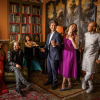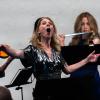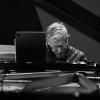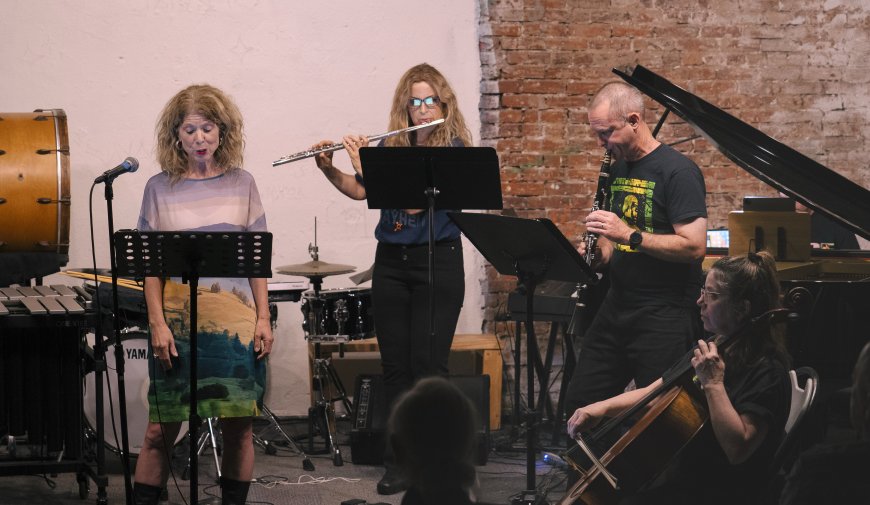
Monk Space, the adaptive-use arts hub on the edge of Koreatown in Los Angeles, looks as if a white-box gallery left its rough draft showing: track lighting across pitted brick, elegance and grit side by side.
On Tuesday, June 17, the space seemed to echo the intent of the Brightwork Ensemble. Pop hooks, jazz currents, and chamber music reverberated off the brick until genres blurred and labels lost their utility.
The crowd — barely a spare seat, equal parts students and silver hair — took a genial cue from the players’ street-casual dress and easygoing poise. Opening remarks were brief. The real invitation came from the music’s natural, unforced grace.
Nina Shekhar’s Don’t Beat a Word began the concert gently. Atop a bubbling prerecorded accompaniment track, we heard soft wordless vocals and beatboxing from Molly Pease and delicately shimmering swells from the rest of the band.
Kurt Rohde’s Sonic Tunic answered, this duet for violin and vibraphone dancing rather than declaiming. Joy and lyricism threaded through these first pieces, yet every gesture felt deliberate and integral to the night’s larger theme.
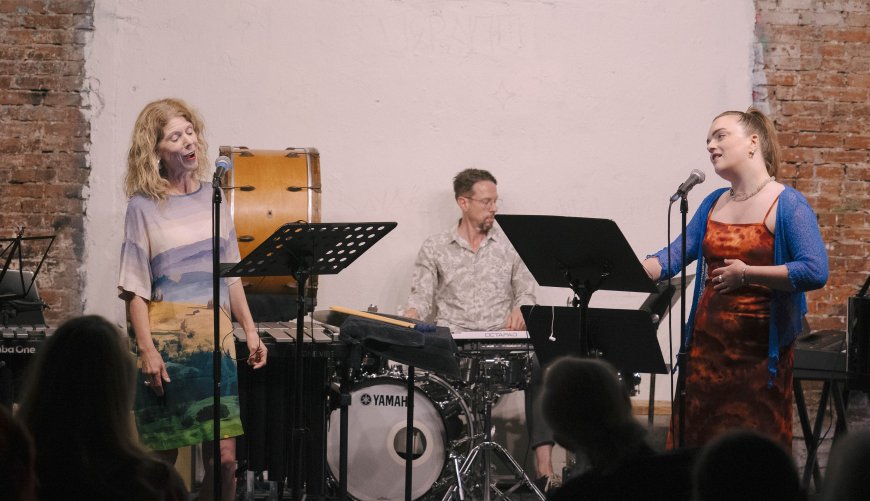
Richard An’s For Ryuichi Sakamoto, Anthony Davis’s Lost Moon Sisters, Dana Kaufman’s Sappho Summer, and Sarah Gibson’s She all clearly showed how contemporary music can stay accessible without ceding an inch of ambition. Approachability doesn’t require anything watered down.
The concert’s through line of contrasting strengths was nowhere on better display than the juxtaposition of Pease’s wonderfully agile and lyrical voice with Stacey Fraser’s impeccable and heartfelt operatic soprano. The entire evening was about music that slips between multiple traditions, honoring each but beholden to none.
That idea reached its height — and most playful moments — in Aron Kallay’s new arrangement of Luciano Berio’s settings of Beatles songs. The sound of harpsichord and an overall Baroque texture lent “Michelle,” “Ticket to Ride,” and “Yesterday” a hint of powdered wig. The intentional incongruity of Fraser’s immaculate diction on the rock lyrics drew affectionate laughs from the room. She leaned into the tension and drew us closer. Listeners clearly wanted to clap after each movement; habit told them to wait. The momentary tug-of-war was its own small victory, proving that etiquette bends to enthusiasm when the music asks it to.
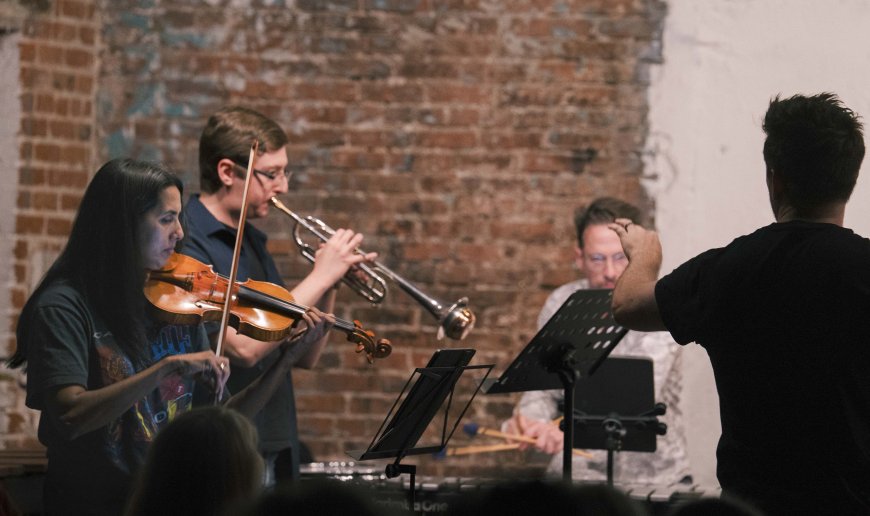
Clarence Barlow’s Septima de facto closed the evening on a more intense note. Dense, layered, and unapologetically dissonant, the composition cast the ensemble into busier traffic. The players navigated the piece with resolve and characteristically impeccable technique, while listeners seemed eager to make sense of Barlow’s restless superimpositions and complex spectral language. The shift to something thornier underscored Brightwork’s refreshing refusal to play it safe and commitment to keeping curiosity at the heart of programming.
What lingered after the final bow was not the clash between styles but the cohesion. Across eight fresh scores, the music stayed porous — jazz swing met pop tune met experimental grit. In lesser hands, such variety can feel scattered. Here, it landed as a single persuasive argument that the borderlands between genres are where fresh audiences may yet gather.
If so, Monk Space seems an apt meeting point. Its walls echo the music it now hosts: serious in craft, relaxed in feeling, welcoming by design. Brightwork ends its season having shown that a concert can speak many languages without diluting any of them. The invitation implicit in Tuesday’s program was come as you are, listen with an open ear, and let the categories take care of themselves.


